Indo German Business Culture – a field report by Abhinav Barnval

Even though I had been to Europe quite a few times during my stint as a Merchant Navy Officer, the decision to come to Germany wasn’t easy as it happened at a crucial time when I was planning a major career change and wasn’t sure if I would be able to fit in to the German culture, from both professional and social standpoint. This dilemma basically originated from the preconceived image which Germany has outside when it comes to social and business culture; but in hindsight I must say that not all those notions were right and I have learnt a great deal post my decision.
In last 5 years, I have been lucky enough to be exposed to multitudinous cultures within the companies I directly or indirectly worked for – American, corporate German, mid-size (MIttelstand) German or German business culture transitioning towards American one. This has not only bestowed me with a sense of global understanding when it comes to cultural differences at work place but has also shaped my ability to work with peers with different backgrounds. Although stereotyping a business culture is mostly not right as it really depends a lot on company culture, mix of people, location etc., but based on my professional experience till date, I will list a few notable differences between India and Germany.
Leadership & motivation
Leadership style in Germany is more dominant-warm or collaborative and easy going than Dominant-hostile or autocratic as we have in India. There is less micro management & more independence which stems out of high level of trust and makes the working environment much more relaxed. Indian work culture is much closer to American one when it comes to performance incentives – based on perks, promotions, competition, coercing etc, but in Germany, especially in MIttelstand, there is also a sense of belonging to the companies which adds onto the motivation.
Meeting deadlines
It’s a myth that deadlines are always met in German companies because of excellent efficiency – the reality, however, is that the deadlines are mostly set up very realistically. This also comes from the fact that it’s considered ok to say “No” to your superiors because you don’t see the possibility of completing a job in a given timeframe, whereas in India people say yes even to some impossible deadlines and later falter. Delays are still however an integral part of projects in Germany as much as anywhere else in the world.
Planning & Processes
In Germany, more emphasis is given on planning rather than execution which results into an efficient and robust process but with less agility. Whereas in India managers tend to move to execution part early and are open to improvisations, in between, to achieve results. This also relates to the inherent fact that Germans tend to be less flexible than Indians, especially in situations when things don’t go as planned.
“I/me/you” vs. “We/Us’’ culture
In German companies, people don’t generally hide information or take credit for someone else’s work for personal benefits and don’t usually finger point someone as an escape goat, unless we are talking about big MNC’s. In India, however the competitive landscape that has been created inside the companies drives individual behavior in the opposite direction. The collaborative work culture works much better in Germany than in India where the flow of communication isn’t as fluid as in Germany. Upper management level is much more open and closer to the lower management level.
Work life balance
This is one point in my opinion where Germany (and most European countries) wins hands down over India. Much emphasis is given to personal life as well and it’s a very common sight to see people leaving the office after 5 pm on workdays or even after 3 pm on Fridays. The “I can’t leave before my boss” culture is almost nonexistent here and emphasis is given on finishing your job within stipulated working hours rather than spending long hours in office.
Structures
German Companies tend to have very flat hierarchies and an employee, even though good at his/her work, can spend years in the same position. However in India It’s common to find creative positions with fancy titles being created to satisfy personal egos as success is mostly associated to job titles, education level, and salaries. These aspects take a back seat in Germany because the idea and acceptance of socialism is stronger over capitalism.
Hard working?
Germans are usually perceived to be hard workers as compared to Indians. It’s not completely true. The reality however is that Germans are more efficient at work because of the focused and diligent approach during work hours. Coffee or smoking breaks exists but are not abused. There is generally no ‘’dangling around the colleague’s desk’’ unless it’s for work related discussions.
Before I conclude, I must say that the first and foremost thing which is important to integrate into new culture is to adapt and be open to new ideas and notions which might be very different or sometimes even opposite to yours. My first advice to an Indian (or any immigrant in Germany) going for initial job interview or to a job is – make your team feel like you are one person with whom they would feel comfortable and gladly have a coffee by the coffee machine with some nice & clear conversation and probably some gossips as well (Yes, office gossips and politics exist in Germany as well, though probably not at the same level as in India!) , and rest all will fall into place if you are a fit and deserve the job.
Author: Abhinav Barnwal
Picture: pixabay
Episode 02/23 Wisdom Workshop: Sustainability – Cradle to Cradle with Heike Petersen Cunza (German)
With Wellicious, Heike has developed a brand for yoga clothing that focuses on honest and traceable sustainability. We talk about her path to becoming self-employed, which inner and outer processes the mother of three has gone through and which hurdles there are in building a sustainable brand. In this interview, we look at different aspects that are necessary to be able to grasp the complexity behind it. Thank you Heike, for this valuable interview, from which companies, suppliers and consumers can learn.
Pixabay Image by Gert Altmann
Episode 01/23 Wisdom Workshop: SCRUM in Intercultural Teams with Elisabeth Tieben (German)
What is Scrum? How can agile work be well designed in an international context? What are the challenges of agile working in a team that is collectivistic and hierarchical on the one hand and individualistic on the other? The independent systemic consultant, Elisabeth Tieben, has gained over 12 years of experience in agile project teams as an employed product manager, before she started her own business in 2022. I talk with her about the questions above.
Have fun listening to our conversation.
Episode 01/22: Daniela Sarrazin interviews me about “Endure and Trust” (German)
The first podcast this year, and this time I am interviewed by Daniela Sarrazin. Daniela describes the content in her introduction as follows: “In today’s podcast I get to have a wonderful, almost philosophical conversation with Purvi-Shah-Paulini. In it, we are talking about “enduring and trusting”. With a wonderful lightness, we address the topics of “enduring what is”; what “the” process of change does to us”; “trusting myself”; “accepting what my counterpart is all about”; “trusting your own life”; and ultimately, “believing that everything will be okay.””
Thank you, Daniela, for the lightness in this interview. I really enjoyed being on the “other side” for a change.
Episode 14/21: Wisdom Workshop “The Hayden Model” Interview with Julia Hayden (Interview in German)
“What are chakras in Hinduism are wheels in Taoism, for example, are plexus in popular medicine and spheres of the tree of life in Kabbalah. What in TCM is QI, we know in the West as breath or body fluids, the Vedas call it Prana. And in Japanese medicine the syllable “ki” in the word Reiki corresponds exactly to this life energy.
What in Hinduism are koshas, in conventional medicine are described as biosocial effect chains, and in Kabbalah teachings are levels of worlds.” From the manual The Hayden Model by Julia Hayden.
The Hayden Model serves as a facilitating toolbox to get closer to your inherent wisdom and power for self healing. It combines in a simple way, Western conventional medicine with Traditional Chinese Medicine, with Jewish Kabbalah teachings, with Vedic philosophy from India, with your own knowledge.
The teaching cards explain in their simplicity through pictures and words the interaction of all levels of your being. They are very specific to use, adapted to the particular body, practical to implement, easy to understand and simple to use.
Episode 13/21: The Wisdom Workshop on “Experiencing Leadership with Horse Coaching” Interview with Claudia Ahl (Interview in German)
“My vision is to create a humane environment for doctors, medical professionals and patients where health and healing can take place.”-Claudia Ahl
For 20 years now, Claudia Ahl’s heartfelt desire has been to help people develop their greatest potential and integrate it into their lives. For more than three years she has been applying her knowledge mainly for medical practices and clinics.
Together with her cooperation partners, Claudia has developed holistic solutions for the medical field that solve the main bottlenecks of personnel, structures and leadership issues. What can you learn from horses about leadership? Listen in.

